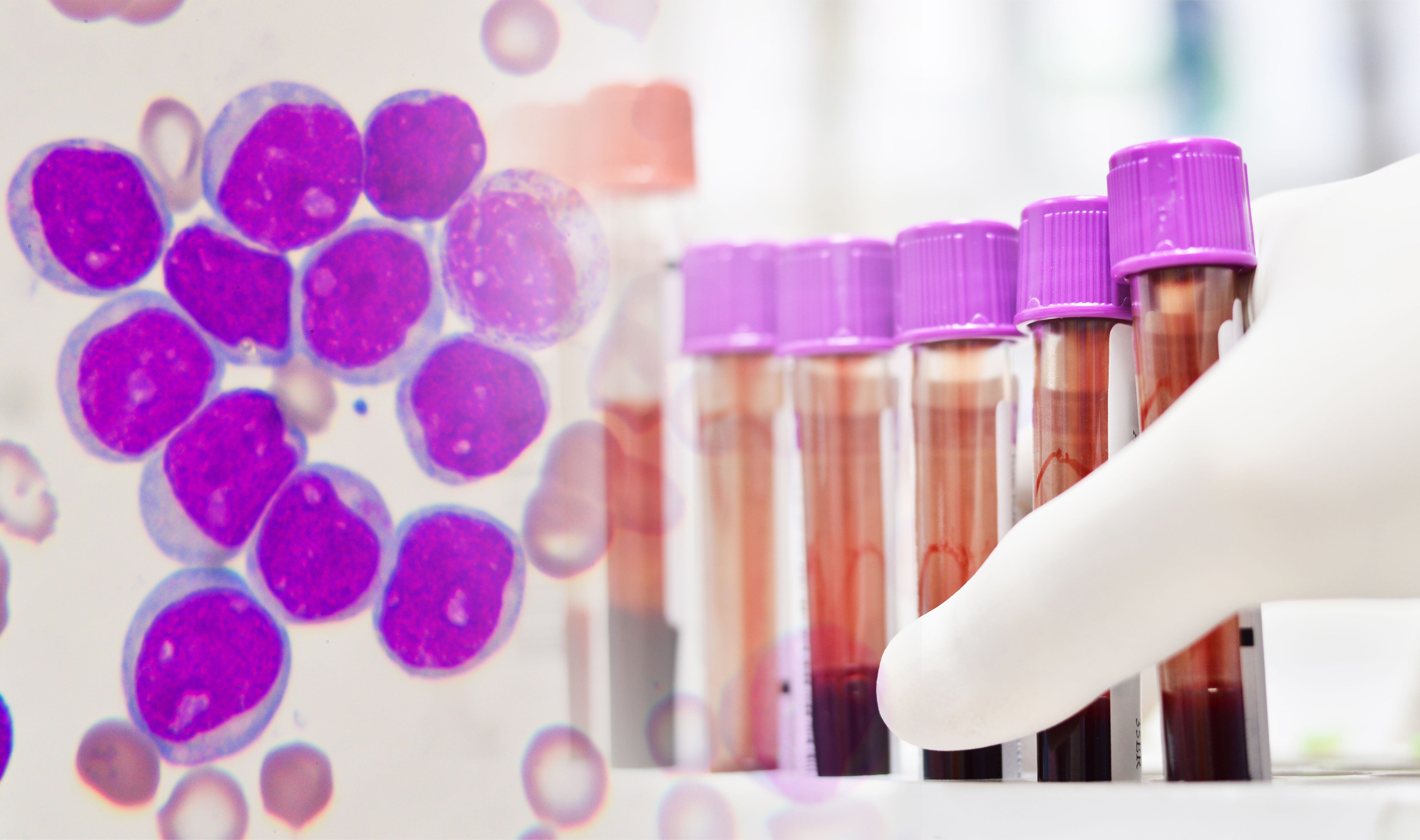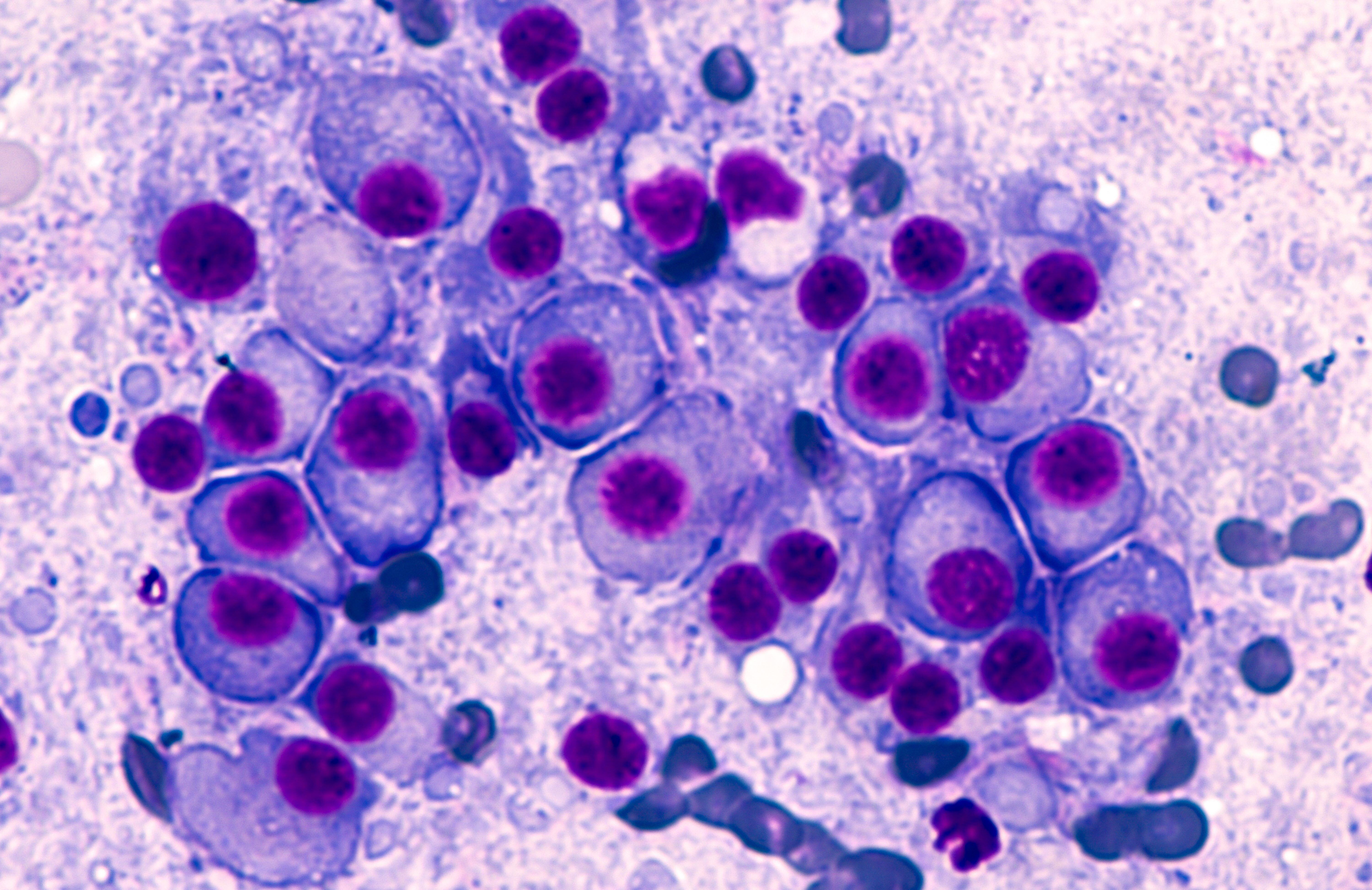Transforming Oncology through Real-World Data

Harnessing Real-World Evidence to drive innovation in cancer research and care
Real-World Data plays a crucial role in oncology research and drug development by providing a more comprehensive, real-world perspective on how treatments work, their effectiveness in diverse patient populations, and their long-term safety and cost-effectiveness. This data is increasingly recognized as a valuable resource in the oncology field, enabling more informed decision-making for clinicians, researchers, regulators, and patients.UNLOCKING CANCER'S SECRETS
How Real-World Data is Revolutionizing Oncology
Real-World Data from electronic health records, cancer registries, and claims databases are providing invaluable insights into non-small cell lung cancer, follicular lymphoma, marginal zone lymphoma, chronic lymphocytic leukemia, and other hematologic malignancies.
Analyzing Real-World Data is enabling researchers to better understand prognosis, treatment responses, side effects, and outcomes in diverse patient populations.
- 🔹 For lung cancer, Real-World Data analysis is being used to study immune checkpoint inhibitor effectiveness, identify predictive biomarkers, and assess quality of life.
- 🔹 For follicular and marginal zone lymphomas, Real-World Data helps elucidate prognosis, inform treatment sequencing, and characterize rare transformations.
- 🔹 For chronic lymphocytic leukemia, Real-World Data sheds light on outcomes with novel targeted therapies.
By harnessing Real-World Evidence, researchers can complement clinical trials and drive advances in oncology care. BC Platforms, through globally sourced and analysis-ready oncology data, support your research to achieve these important goals.
BC Platforms' representative experience in oncology
The future of cancer care lies in our ability to translate real-world insights into improved treatments and outcomes. As Real-World Data in oncology continues to grow in scope and scale, its potential to drive advances across the cancer care continuum will be profound. By harnessing Real-World Data, we can usher in an era of data-driven, personalized medicine that transforms how cancer is prevented, detected, treated, and monitored. The promise of Real-World Data in oncology is clear - together, let's realize it for the benefit of patients worldwide. Our comprehensive Real-World Data solutions are ready to empower your organization's efforts and accelerate progress against cancer. From Data to Health.

NON-SMALL CELL LUNG CANCER

FOLLICULAR LYMPHOMA
MARGINAL ZONE LYMPHOMA

CHRONIC LYMPHOCYTIC LEUKEMIA SMALL LYMPHOCYTIC LYMPHOMA

MULTIPLE MYELOMA
Current Cancer Research Initiatives BC Platforms is contributing to
ONCOVALUE
Value-based oncology care
BC Platforms has partnered with an EU-funded, AI-driven cancer data initiative ONCOVALUE. This collaborative effort aims to develop novel AI-based tools to automate the collection and analytics of clinical data, assessing in real-time, real-life effectiveness of novel cancer therapies. This will support the development of effective medicines, reduce spending on drugs that yield little benefit and enable oncologists to promote value-based cancer care.
iDx LUNG
Improving detection of lung cancer
Recognizing the urgent need for improved detection and treatment of lung cancer, BC Platforms has also delivered a state-of-the-art data platform for a UK research consortium project termed iDx-LUNG. The consortium is led by the Universities of Southampton and Leeds, together with healthcare, diagnostics and informatics companies, to test the best way of detecting cancers at a stage when they can still be cured, linking to the NHS England Lung Health Checks programme. In addition to BC Platforms, the research collaborators include Johnson & Johnson, Roche, Oncimmune, Inivata and others.
CIAN Lung
New perspective to improving lung cancer treatment outcomes
BC Platforms introduces CIAN Lung, a patient cohort initiative focusing on non-small cell lung cancer (NSCLC) and small cell lung cancer (SCLC), an endeavor to leverage clinical and imaging datasets for qualitative and quantitative descriptive analyses, and open new perspectives to enhance the accuracy of predictive and diagnostic computational models.
CIAN (Cohort Insights Analytics Networks), combining biological, clinical, histological, and molecular data, facilitates retrospective observational studies, search or validation of predictive and prognostic signatures, and other applications.
CIAN provides robust, near real-time and ready-to-use datasets, empowering researchers to uncover novel insights, validate treatment strategies, and optimize care.
.png)
ARTEMIs
Early diagnosis of lung cancer
ARTEMIs is a four-year research project, aiming to co-design and develop
a POC of a Clinical Decision Support System (CDSS)— a cutting-edge clinical visualization tool— offering an overview of patient multimodal data and therapeutic decision-aid, thanks to the integrated virtual twin models.
The CDSS provides dynamic and multilevel representations of tissues and organs and will provide support to clinicians to achieve early diagnosis, prediction of disease evolution, assessment of cardiovascular outcomes, and guidance towards specific treatments or interventions. This will mark a significant leap forward in MAFLD patient’s healthcare
Medexprim, member of BC Platforms Group, is the architect and a proud participant of ARTEMIs.
This project has received funding from the European Union.
Oncology Real-World Data Availability Snapshot
To learn more about BC Platforms' representative experience in oncology, download our RWD Availability Snapshot by filling out the form.
Wish to speak with an expert? Please contact us HERE.
Fill out the form to download RWD Availability Snapshots
Informed Innovation
.2.png)
Southampton Clinical Trials Unit – Collaborating with BC Platforms to accelerate lung cancer detection in early-stage patients
.png)
Case Studies: Contributing to Global Healthcare Projects for the Advancement of Precision Medicine and Groundbreaking Research

CIAN Lung: Exploring the Potential of Real-Word Data in Lung Cancer Research